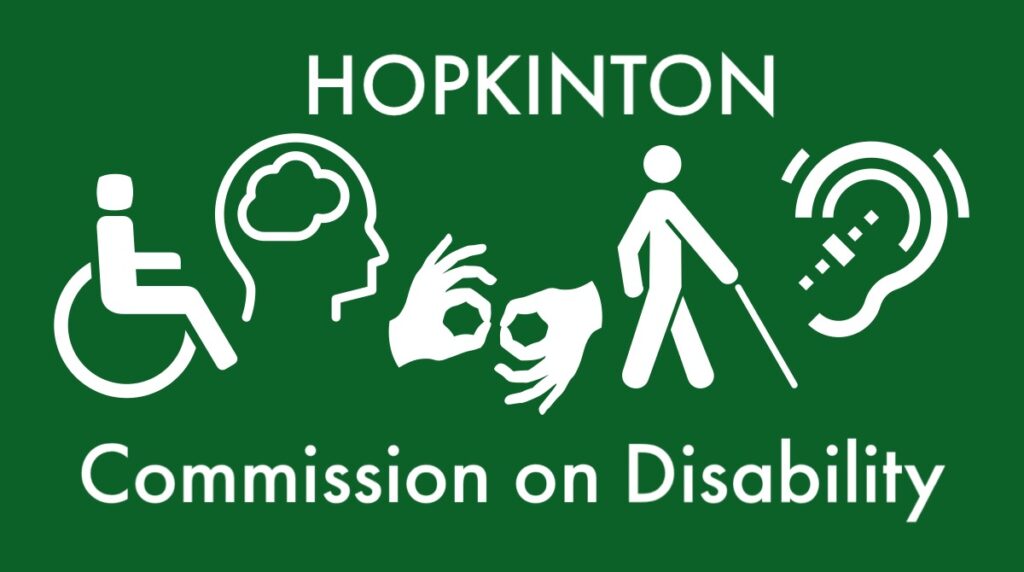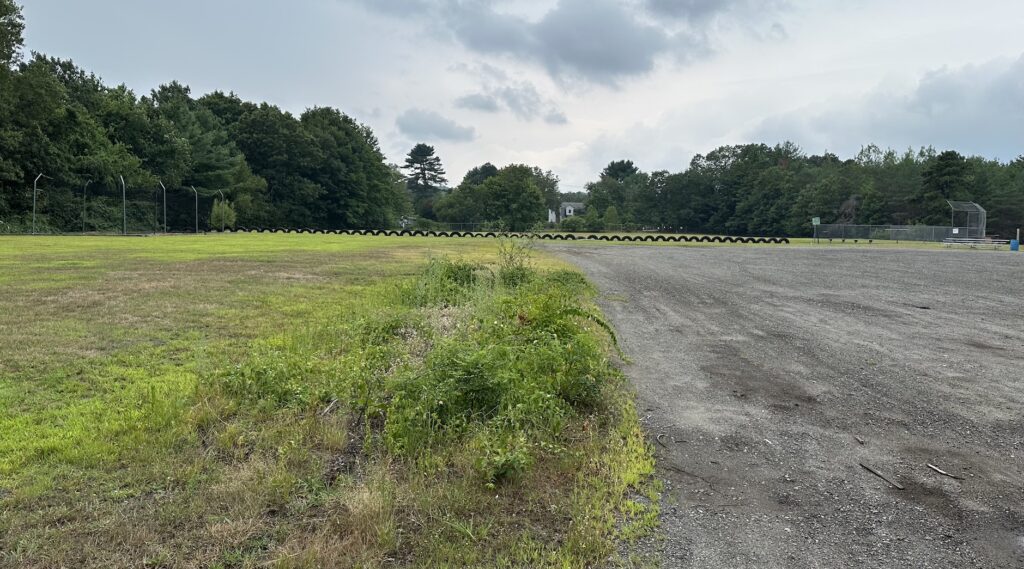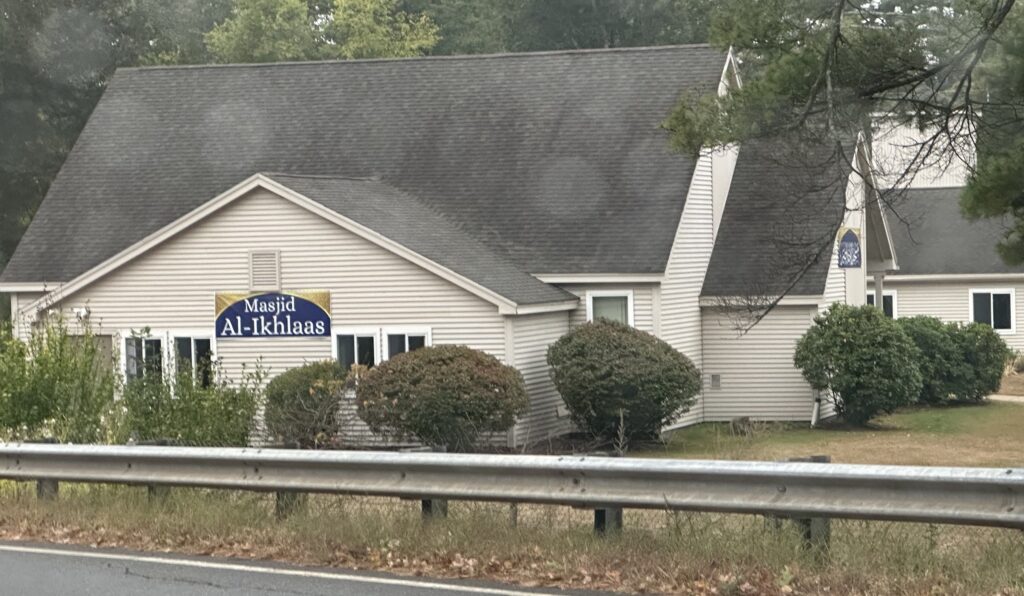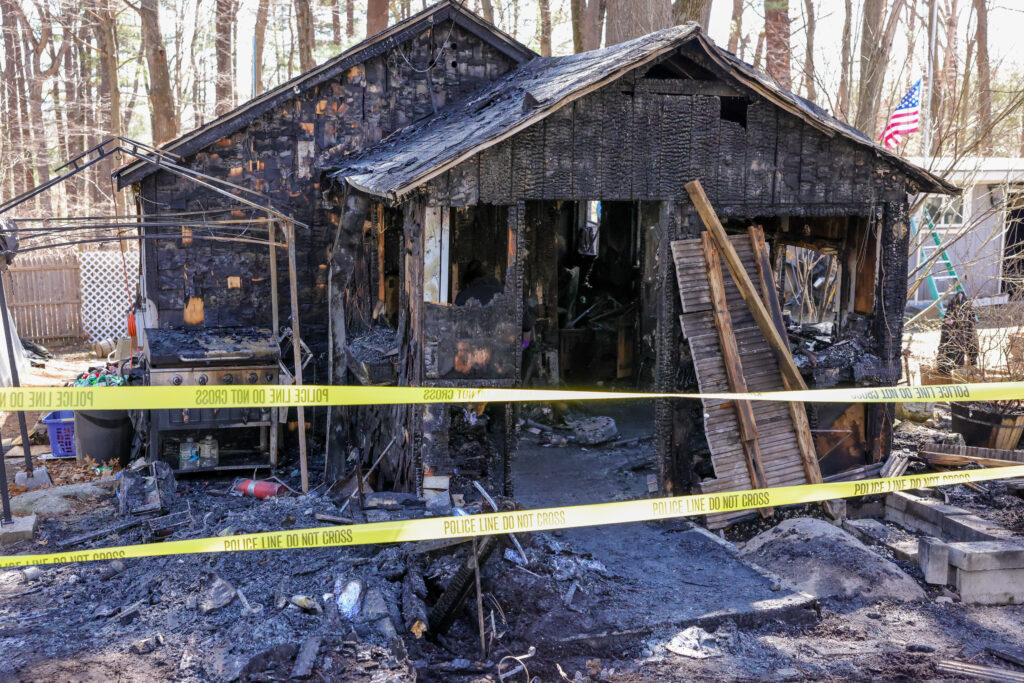The Planning Board at its meeting Monday night reviewed a draft plan that would comply with the regulations of the MBTA Communities Act and amend the town’s zoning bylaws.
Under the MBTA Communities statute, also referred to as 3A, 177 cities and towns that are in the Massachusetts Bay Transit Authority’s service area need to approve new zoning to permit multifamily housing near public transportation options. The denser housing, in theory, would encourage more people to take the T and depend less on cars. It also would help meet the state’s demand for more housing. It was enacted in January 2021 as part of the state’s economic development bond bill.
If communities do not conform, they lose eligibility for 13 state grants and potentially could be sued by the state for violating fair housing law, according to Attorney General Andrea Campbell.
Hopkinton has been designated as an MBTA-adjacent community because of its proximity to the Southborough commuter rail station. It requires zoning for at least 750 housing units and a minimum gross density of 15 units per acre as of right for 50 developable acres. There can’t be any age-restricted zoning.
Principal Planner John Gelcich explained that because Hopkinton is an MBTA-adjacent community, the zone does not have to be within a half-mile of the transit center. The proposal will come before Town Meeting in May, and a simple majority vote is required for approval. The deadline for the proposed district to be approved by the state is Dec. 31.
The state has created a computer program that takes wetlands out of the equation, he added.
Feedback on draft plan highlights ‘balancing act’
This draft plan was created by the Zoning Advisory Committee after seven public meetings since June to see which properties would allow Hopkinton to meet the criteria. After careful consideration, ZAC proposed two subdistricts: one that includes upper Cedar Street near the Southborough commuter rail station and the other that includes property downtown.
Chair Gary Trendel noted that this is the first night of a “multi-night hearing” so that ZAC can make adjustments after receiving feedback. He complimented ZAC and Gelcich for their efforts on the draft.
“I really think what they’ve done here is in the spirit of the bylaw,” he said.
Gelcich addressed some misconceptions about the MBTA Communities Act. He stressed that its purpose is to create multi-family zoning districts, not to comply development on them.
“The units could never be built,” he said, “and the town would still remain compliant.”
Also, the goal is not to create affordable housing opportunities. The town intends to include this as a component, although it is not a state requirement. Much of the language in the town’s inclusionary zoning bylaw will be included in its proposal. The town was awarded a technical assistance grant from MassHousing Partnership to review the proposal to ensure that it is compliant.
The current draft includes zoning for 814 housing units, and an overall density of 16.7 developable units per acre on 58.4 acres, exceeding the state’s requirements, Gelcich explained.
The majority of questions arose regarding the upper Cedar Street subdistrict. Donald Jackson, whose property abuts this proposed subdistrict, asked how development would be feasible there without municipal water and sewer infrastructure.
Trendel said a full peer engineering review would be performed as part of a potential development plan regarding this issue. There would be a water and septic system proposal, and soil testing would be done as part of the process.
Thomas Aylesworth, an attorney representing The Preserve condominium complex on Forest Lane, expressed concerns from his clients about including this property as part of the subdistrict. He didn’t expect that property to be redeveloped “in our lifetimes.” He also did not consider including the property to be “in the spirit” of the MBTA Communities Act.
ZAC chair Ted Barker-Hook said he had heard speculation about property being taken by eminent domain, which is false.
“As we went through our process, we were keenly aware of how concerned about the growth we’ve already experienced and the strains it’s put on different aspects of the town,” particularly the schools,” he said. The goal was to balance those concerns with being in compliance with the law.
Gelcich referred to the process to meet the requirements as “a balancing act.” He also encouraged residents to reach out to him directly with questions.
Barker-Hook said the parcels under consideration would not cause immediate “explosive growth,” but they potentially could be part of a long-term planning process down the road.
Another issue raised was the potential loss of state grant money. Planning Board vice chair Rob Benson noted that the town has only received a MassWorks grant, according to his conversation with the town’s Accounting Department.
Said Benson: “I think we owe the town, when it comes to Town Meeting, to know precisely what the financial impacts could be.”
He added that Milton has petitioned to block the vote at its Town Meeting that approved the adoption of the MBTA Communities Act.
The hearing was continued until Jan. 22 in a unanimous vote.
ANR endorsed for open space land swap at subdivision off Whisper Way
In other news, the Planning Board endorsed an approval not required (ANR) 9-0 for a land swap of open space in a subdivision off Whisper Way. The 12-unit subdivision has been designated as an open space landscape preservation development (OSLPD).
Developer Craig Nation explained that the board had approved a proposal that was “very similar” to this one in the past. The open space in question surrounds Whisper Way and would allow the subdivision to connect to Cameron Woods and existing trails along town-owned property, as well as to the Valleywood Road neighborhood. This proposal recently was approved by the Open Space Preservation Commission.
Gelcich explained that ANRs are a type of subdivision only used in Massachusetts. They do not have to go through the subdivision approval process as long as the lots have the required lot area and if they are considered to be non-buildable and without sufficient frontage. Also, he pointed out that this land swap is not considered a subdivision under state law because there are only minor lot line modifications.





















0 Comments